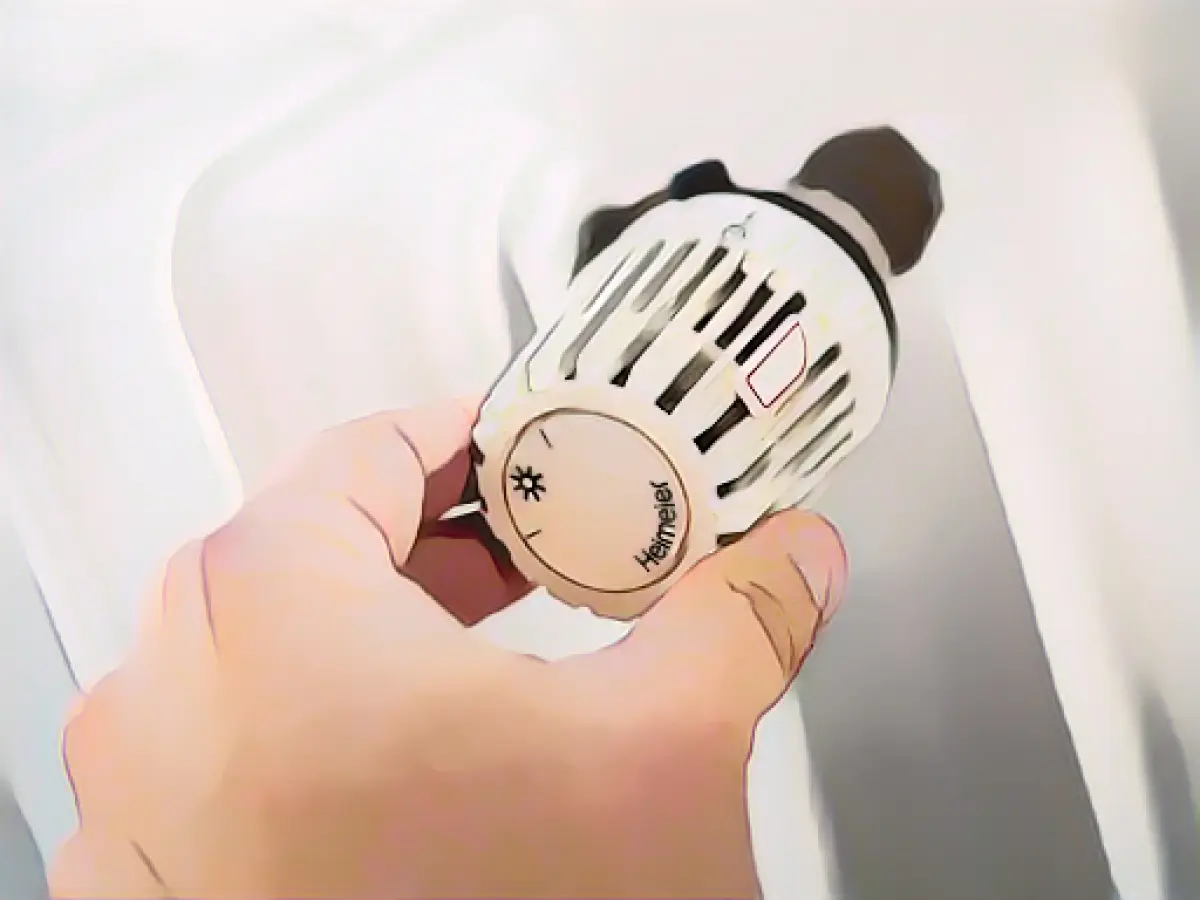NRW Heating Systems: It's Time for an Upgrade! 🕵️♂️
The average age of heating systems in North Rhine-Westphalia (NRW) clocks in at a ripe 12.8 years, according to a study by the German Association of Energy and Water Industries (BDEW). This benchmark places NRW in the third spot nationwide, with Brandenburg leading the charge at 11.7 years and Lower Saxony in second at 12.3. The nationwide average sits at a relatively youthful 13.9 years. With 29% of heating systems older than 20 years, and 16% over 25, NRW homeowners might be due for an upgrade.
The BDEW attributes the slow changes in the heating market to the long lifespans of these systems. Conversely, a fifth of all NRW and German heating systems have been in service for less than five years.
Gas is the dominant source of heating in NRW, accounting for 59.3% of homes since 2019, a slight increase from the previous 55.6%. Oil usage, on the other hand, dipped slightly over the same span, from 24.5% to 22.2%. District heating lands at 10.9%, followed by electricity at 4.3%.
Admittedly, Germany's residential heating habits differ significantly across regions. While natural gas reigns supreme in the northwest, oil plays a prominent role in the south, and district heating dominates in the north and east.
The political coalition of SPD, Greens, and FDP plans to introduce more climate-friendly heating options with the Building Energy Act and local heat planning. This legislation stipulates that future heating installations must rely on 65% renewable energy, starting with new-build developments in 2024.
Given the aging infrastructure of NRW heating systems, along with the imminent shift towards carbon-neutral heating, homeowners face an exciting yet challenging transition.
Stepping Up to the Plate 🏋️💭
Homeowners can prepare for this transformation by:
- Inspecting Existing Systems: Utility bills and maintenance records can aid in assessing the age and condition of heating systems. Upgrades might be a more cost-effective alternative to continuous repair work.
- Exploring Renewable Energy Options:
- Heat Pumps: Heat pumps represent a climate-friendly heating alternative; while their sales dipped in 2024 due to uncertainties, they are poised for growth in 2025.
- Bioenergy: The Building Energy Act promotes bioenergy as a backup fuel source during periods of low solar and wind energy output. Homeowners can consider installing biofuel-based heating systems or biomass boilers.
- Solar Thermal Systems: These systems harness solar energy to provide both space heating and hot water.
- Understanding Exemptions and Support Programs:
- Exemptions: Homeowners residing in single-family or two-family homes who’ve lived there since February 1, 2002, are exempt from the oil and gas heating system ban until their properties change hands.
- State Subsidies: Depending on income, state subsidies may cover up to 70% of the cost of a new climate-friendly heating system.
- Planning for Compliance: Transition periods vary by city size: new constructions must comply from 2024, while existing properties face deadlines of 2026 or 2028, depending on their size.
- Engaging with Experts: Working with local heating professionals can provide a wealth of knowledge relevant to renewable energy solutions. Companies like FABRI Gruppe, among others, are excellent resources for expert advice and installation services.
- Considering Smart Meters: The implementation of smart meters can promote energy efficiency by enabling real-time tracking of consumption, and enable homeowners to take advantage of dynamic pricing models during off-peak hours.
By embracing these steps, NRW homeowners can navigate the transition to climate-friendly heating systems with confidence while taking advantage of the available exemptions and support programs.








